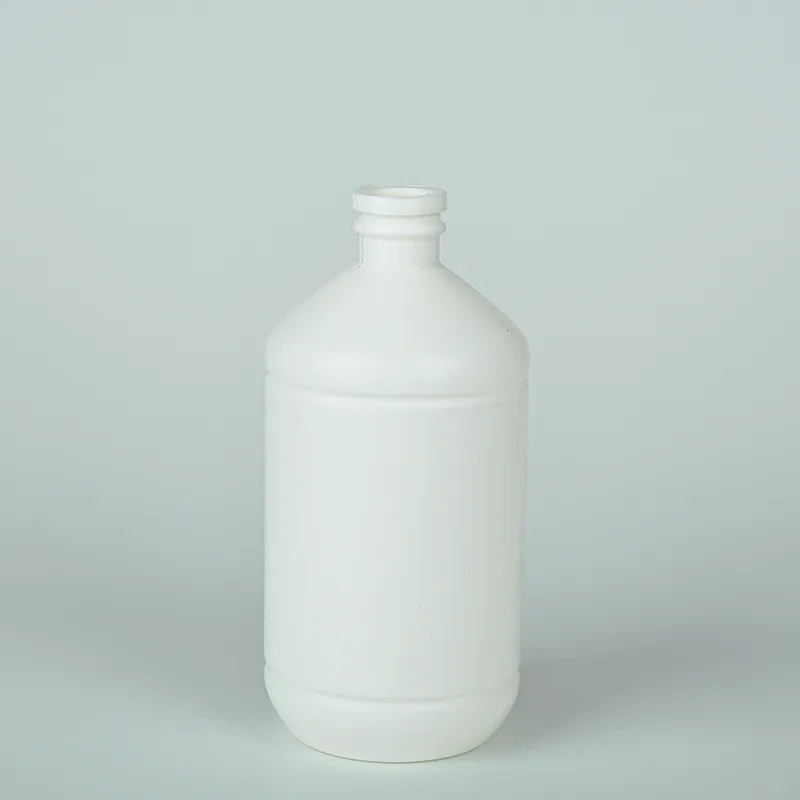https://www.wahmg.com/)">
herbal tincture bottles
herbal tincture bottles
Herbal tinctures have become increasingly popular among health enthusiasts and holistic practitioners alike. These potent liquid extracts are derived from various plants, capturing their medicinal properties in a convenient and concentrated form. Tincture bottles, often made from dark glass to protect the contents from light degradation, serve as the perfect vessels for preserving the integrity of these natural remedies.
To create a herbal tincture, one typically uses a high-proof alcohol as a solvent, although glycerin or vinegar can also be employed for those seeking a non-alcoholic alternative. The process begins by selecting the appropriate herbs, which can range from familiar plants like echinacea and chamomile to less commonly known varieties like ashwagandha or milky oats. Once the herbs are gathered, they are combined with the alcohol in a jar and allowed to steep for several weeks. During this time, the alcohol extracts the active compounds from the plant material, resulting in a powerful solution packed with beneficial properties.
After the steeping period, the mixture is strained, removing the solid herb remnants, and then transferred into tincture bottles. These bottles often feature a dropper cap, making it easy to dispense precise doses. The dark glass is essential, as it prevents light from breaking down the delicate compounds that contribute to the tincture’s effectiveness. Properly stored, tinctures can last for several years, making them an enduring staple in herbal medicine cabinets.
The versatility of herbal tinctures is one of their greatest advantages. They can be used for a wide variety of purposes, from boosting the immune system to promoting better sleep or alleviating digestive issues. Users appreciate the ease of incorporating tinctures into their daily routine; a few drops added to water or taken directly can deliver rapid relief or support wellness when needed most.
herbal tincture bottles

Moreover, tinctures offer a level of bioavailability that can surpass other forms of herbal preparations, such as teas or capsules. The alcohol or vinegar base can aid in the absorption of the herbal compounds, allowing for a more immediate effect. This makes tinctures particularly appealing for those seeking quick solutions to health concerns.
However, despite their ease of use and powerful effects, it's essential to approach herbal tinctures with caution. The concentration of active ingredients can vary greatly between different herbs and even different batches of the same herb. Therefore, consulting a knowledgeable practitioner is advisable, especially for those with pre-existing health conditions or for pregnant individuals.
In conclusion, herbal tincture bottles are a wonderful way to enjoy the myriad benefits of herbal medicine. Their concentrated nature, ease of use, and extended shelf life make them a favorite among herbal enthusiasts. As we continue to explore the healing potential of nature, tinctures will undoubtedly remain a key player in the world of natural remedies.
-
Wholesale Plastic Juice Bottles with Caps 16 oz Options Available Bulk Packaging SolutionsNewsJun.10,2025
-
Laboratory Apparatus Reagent Bottle – Durable & Chemical Resistant Bottles for Safe StorageNewsJun.10,2025
-
Squeezable Dropper Bottles Durable, Leak-Proof & CustomizableNewsMay.30,2025
-
Affordable Plastic Petri Plates Sterile & Disposable Lab-GradeNewsMay.30,2025
-
Eye Dropper Caps Precision 24/410 & Plastic Bottle-Compatible TipsNewsMay.30,2025
-
Affordable Mini Spray Bottle Price & Wholesale Deals Shop NowNewsMay.29,2025





















